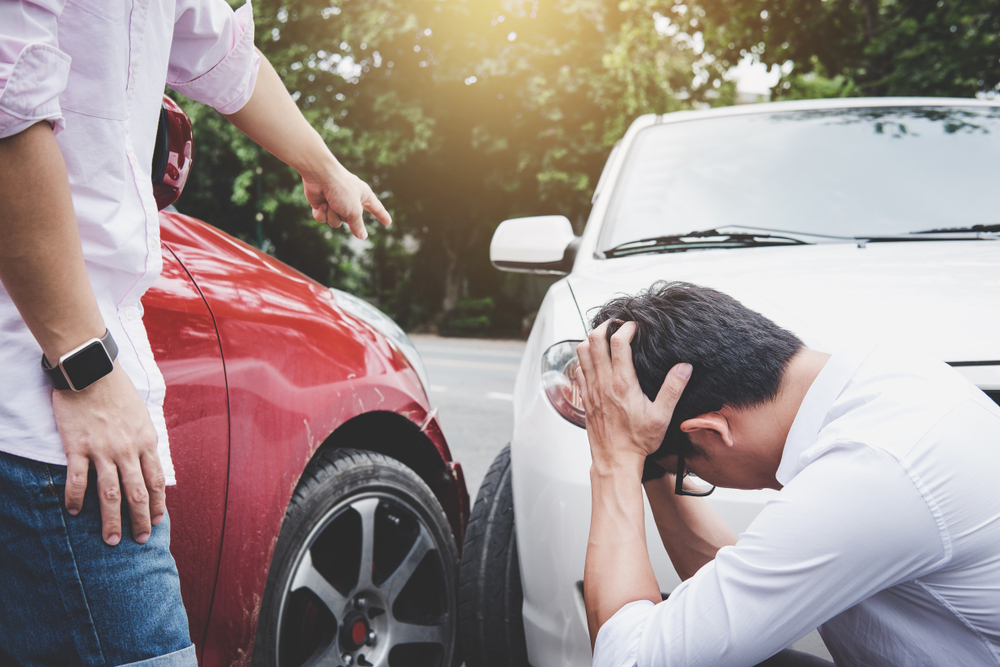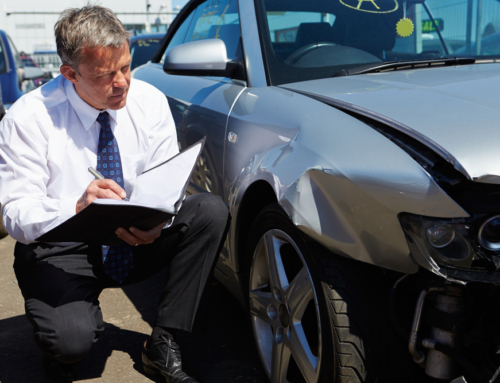When it comes to Florida, they have very specific laws that may differ from other states. One of these laws is the no-fault car insurance law. As of this year, it appears that the law is still in place.
What does this mean for motorists? It means that they will have to continue to rely on PIP coverage– PIP standing for ‘personal injury ‘protection’. They will also have to provide proof that they have sustained a serious injury prior to going after a fault-based vehicular accident claim that would be held against alleged ‘negligent’ motor vehicle operators.
State lawmakers in the sunshine state passed Senate Bill 54 in April, but the bill was vetoed by Governor Ron DeSantis. Had the bill gone through, it would have had the power to go ahead and rewrite the no-fault car insurance law, meaning that drivers in Florida would have had until the next year to get themselves new policies.
DeSantis stated that the law in place was flawed in a brief statement from the governor’s office, explaining that when it came to the bill, he thought that it did not address the issues that state drivers are facing. This means that the bill could have consequences that are less than desirable for the market and consumers.
While the bill seemed to sustain a lot of bipartisan support and would end up passing, the veto did seem a bit surprising. Those who were in favor of it argued that it would have had the ability to make the state’s auto insurance premiums drop. This would have been a big deal for Florida drivers, as the state has a history of making the top five list of drivers that pay the most for their premiums. Further analysis of impacts showed a mixed result, and with the combination of medical providers and the insurance industry being against it, perhaps adding to the governor’s decision to veto the bill.
What Consequences Will the No-Fault Car Insurance Have for Floridian Motorists?
This veto means that nothing will change all that much for drivers in the state anytime soon. The policy of having no-fault auto insurance is still present. Florida is among a handful of states that utilize a no-fault car insurance policy. Other states have in place a system of fault. Also, no-fault insurance means that coverage will pay out for specific damages regardless of which party was at fault for the damage incurred on an upfront basis. It does not mean that there will be no fault that is found in the accident.
Florida took on the no-fault concept in the seventies. The main thought behind the idea was to keep the civil courts from being overrun with various litigation over car accidents regarding injuries that were overall very minor. Motorists instead were to buy PIP insurance that would cover up to ten thousand dollars for medical and funeral expenses, without requiring them to prove the other motorist was responsible to get them. Damages over ten thousand dollars require a serious injury threshold meeting so that the party could file a claim of negligence against third parties or the driver that was at fault.
Critics of the system say that it has tons of fraud, while others criticize the fact that PIP insurers fight hard to keep the people they insure from collecting using the policies. PIP plans are also viewed as unnecessary by those that already pay to have health insurance or have it covered by their work.
Florida isn’t the only state to require PIP, but it is one out of only two states that do require it without also requiring motorists to carry bodily injury liability coverage. This works to keep the driver that caused the accident responsible for it. They must also prove that there was negligence on the part of the at-fault driver if they want to be able to collect from the bodily injury liability policy that the at-fault driver carries.
While many motorists in the state do carry this coverage optionally, the law doesn’t require drivers to do this. Still, a driver that has uninsured or under-insured motorist coverage must carry the same amount or more in their bodily injury liability coverage. Drivers in Florida can collect damages from the at-fault parties even if they were partially at fault for the accident themselves, called pure comparative fault– something many motorists do not know about.
If you’ve been injured in an auto accident in Florida, consult a car accident attorney that has the experience and the knowledge to help. Reach out and contact us to set up an initial consultation and find out more about what your options are regarding compensation and more.








